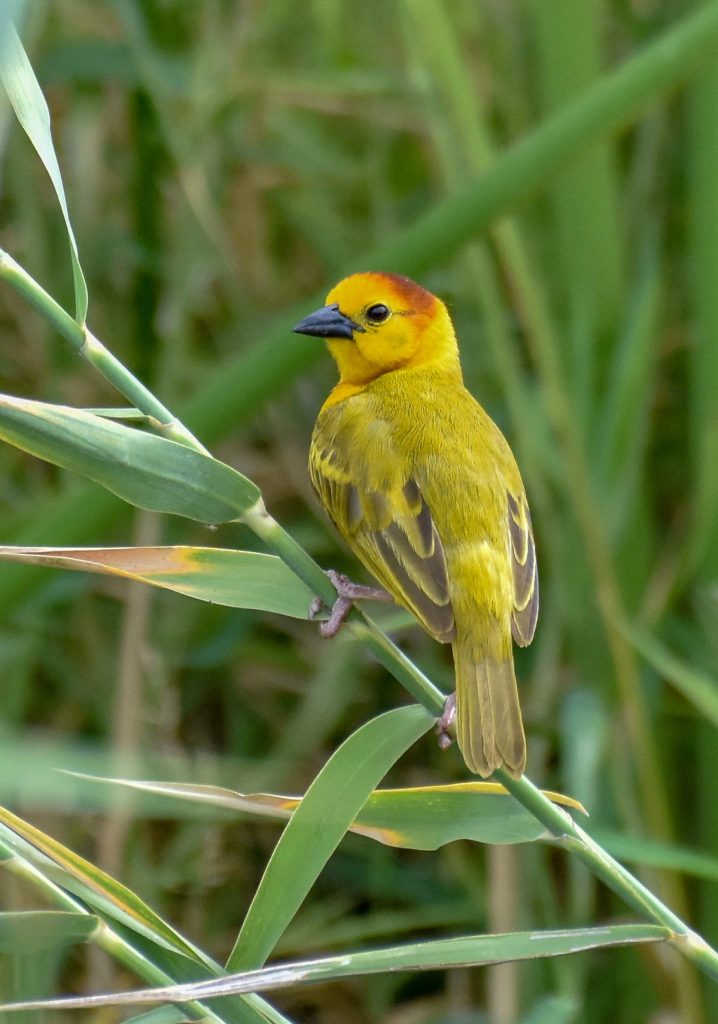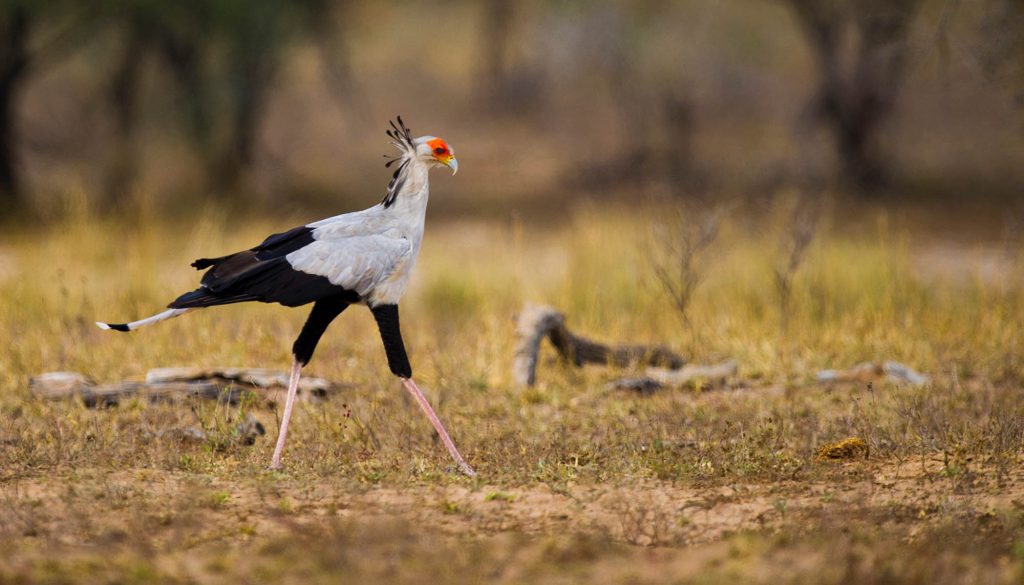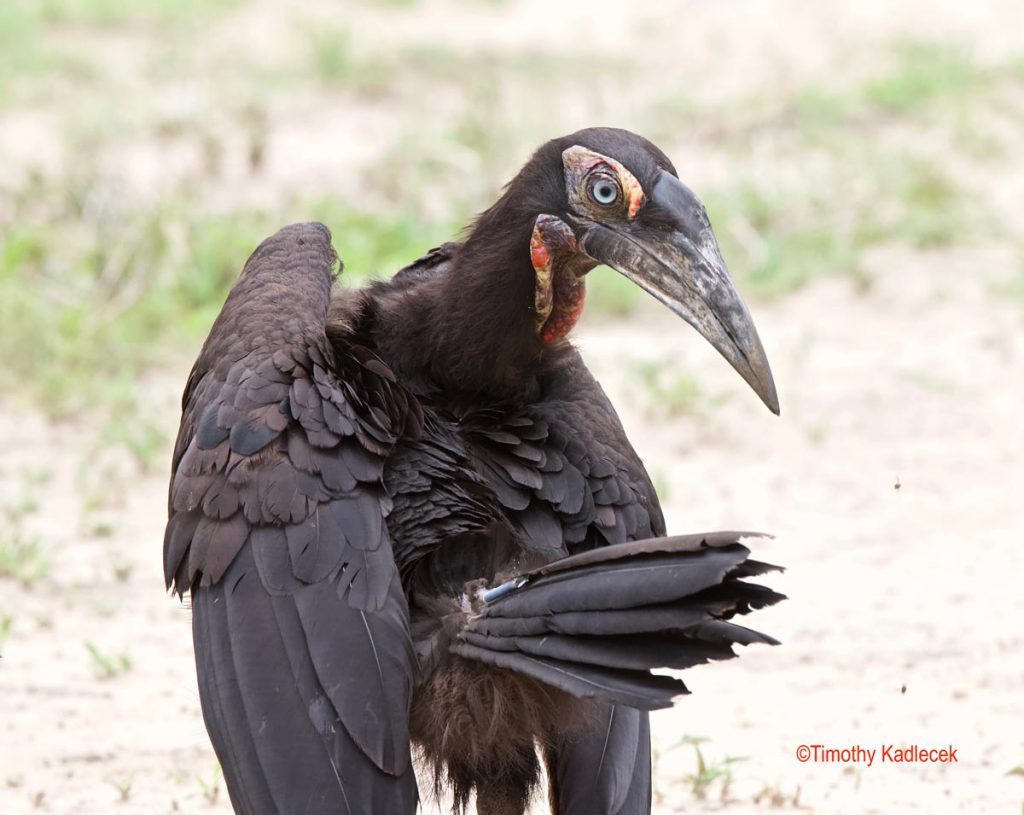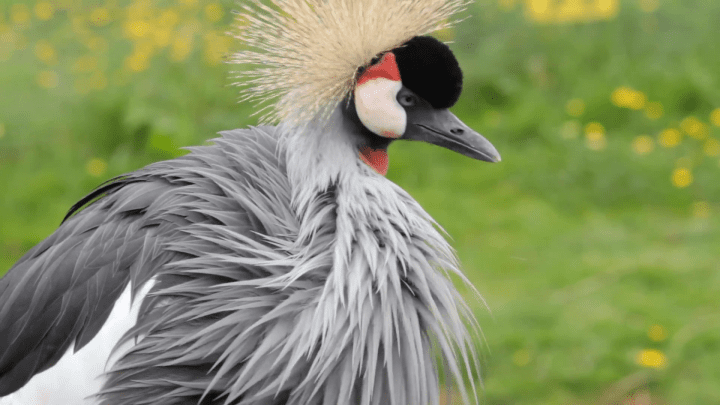Birders’ vocabulary often sounds confusing to people who don’t share the same passion. For example, did you know that someone who travels a long distance to view a particular bird, is referred to as a ‘Twitcher’? Generally, this is translated as an avid bird watcher.
If you are new to birding, we decided it would be good to list some of the vocabulary regularly used to help you. Some words may differ from area to area due to cultural and dialect differences.
Birding Vocabulary
B
- Big Day: a birding event in which a birder or team of birders tries to see as many species of birds as possible within a calendar day.
- Big Year: a birding event in which a birder tries to see as many species of birds as possible within a defined area (county, state, ABA area, etc.) within a calendar year; originated with the American Birding Association, and the basis for the movie The Big Year.
- To burn up or flog: to beat around in the undergrowth hoping to flush a bird. A desperate measure and not a kind way to treat an exhausted migrant.
- BVD: “Better View Desired”, describing a lifer that was observed well enough to identify, but not enjoy.
C
- CBC: Christmas Bird Count is a census of birds undertaken in the Western Hemisphere.
- CFW (Eastern North America): An abbreviation that stands for “Confusing Fall Warbler” (During fall migration and through mid spring, most members of Parulidae found in the Eastern US and Canada tend to be in nonbreeding plumage, and therefore have relatively few distinctive markings or patterns).
- Chooks (Australia): already seen or common birds.
- Crippler (UK): a rare and spectacular bird that shows brilliantly, perhaps an allusion towards its preventing people from moving on.
- Crush (verb, U.S.): to get very high-quality photos of a bird, often referred to as a banger. See hammer.
D
- Dip (or dip out): to miss seeing a bird which you were looking for.
- Dude: “a bird-watcher who doesn’t really know all that much about birds.” A novice birdwatcher; slightly pejorative term. Also used to refer to someone who primarily seeks out birds for photography rather than study.
E
- Empid (US): any of the flycatchers of the genus Empidonax, infamous among North American birders for being difficult to identify in the field without the aid of vocalizations.

F
- Fallout: a natural occurrence where migratory birds are forced down by adverse weather in a way that makes them congregate in large numbers; generally associated with meteorological and geographical conditions (exclusively in spring, generally in the United States along the Texas and Florida coasts of the Gulf of Mexico).
- First: a first record of a species (in a defined area, such as a county first).
G
- Grip (or grip off) (UK): to see a bird which another birder missed and to tell them you’ve seen it.
H
- Hammer (US): to get high-quality photos of a bird.
J/G
- Jizz or giss: the overall impression given by the general shape, movement, behaviour, etc., of a species rather than any particular feature. Experienced birders can often identify species, even with only fleeting or distant views, on jizz alone.
L
- LBJ (or little brown job. UK): drab songbirds that are difficult to differentiate and identify.
- ”LC” (noun; local U.S., San Francisco Bay Area): the action of reporting vagrants suspiciously often, generally without photos or audio. As in: “Did you see that LC of an Ancient Murrelet? They couldn’t make it more obvious that they didn’t actually see a murrelet, but were instead just trying to increase their Sonoma County list.”
- Lifer: a first-ever sighting of a bird species by an observer; an addition to one’s life list.
- List:
- Noun: a list of all species seen by a particular observer (often qualified, e.g. life list, county list, year list, etc.). Keen twitchers may keep several lists, and some listers compete to amass longer lists than their rivals.
- Verb: to keep or compile a bird list (a lister is someone who is intensely focused on keeping and growing lists, and can be used negatively).
M
- m.ob. or mob or MOB: an abbreviation that stands for “many observers,” often used as a collective noun.
- Mega or megatick or meguh: a very rare bird.

N
- Nemesis (or nemesis bird): a bird that has eluded a birder despite multiple attempts to see it.
P
- Patagonia Picnic Table Effect (or Patagonia Roadside Rest Effect) (US): the phenomenon that occurs when one bird draws many birders to a remote area, who then find more rarities and other interesting species in that same location. Named after an actual roadside rest area just west of Patagonia, Arizona.
- Patch (or local patch): a birding location or set of birding locations near one’s home that a birder visits frequently.
- Pelagic (noun): a boat trip designed for birders to find open-ocean (pelagic) species, such as albatrosses.
- Pish (US): an emphatic shushing or hissing noise used by North American birders to elicit mobbing behaviour; made in imitation of alarm calls of chickadees and titmice.
- Peep (US): a collective term for the five smallest North American Calidris sandpipers: least sandpiper, semipalmated sandpiper, Western sandpiper, white-rumped sandpiper, and Baird’s sandpiper.
- Plastic (UK): an adjective used to indicate a bird which has escaped from captivity, rather than a genuinely wild bird.
S
- Sibe (US): a bird from Siberia (usually applied to rare migrants).
- Siesta time (also the doldrums) (US): the period in mid-afternoon when birds (and therefore birders) are least active.
- Slash: a cryptic species pair (on a day list), e.g. long-billed dowitcher/short-billed dowitcher, willow flycatcher/alder flycatcher.
- SOB: “Spouse of Birder”, a non-birder spouse.
- Spark bird: a species that triggers a lifelong obsession with birding.
- Spuh: birds that are only identifiable to genus level (on a day list) (from “sp.”, abbreviated form of species).
- String (see LC):
- Noun: a dubious, “ropy” record.
- Adjective: Stringy.
- Verb: to claim such a record.
- Note: the term stringer usually denotes people who intentionally mislead and falsify bird sightings, as opposed to well-intentioned mistakes made from lack of field experience.
T
- Tick: an addition to a personal list (sometimes qualified as year tick, county tick, etc.). Life tick and lifer are synonymous. a tart’s tick is a relatively common species added to one’s list later than might be expected. An armchair tick is an addition without leaving one’s home, typically as a result of a taxonomic change.
- To pull an Easterla (California): to find a ridiculously rare vagrant in a place with no vagrant potential whatsoever. As in: “A first state record of Yellow-browed Warbler in Alpine County? How did a Sibe end up 160 miles inland alongside a mountain stream?! And how was it even found?!?”
- Twitch: the act of travelling a long distance to see a rare bird. Synonymous with chase.

V
- Vagrant: a stray far from the normal ecological range.
W
- Warbler Neck (US): a painful crick in the neck from looking at birds high in the treetops. Named after the New World warblers, which are often found in the tops of trees.
Y
- Yank (UK): a bird from North America (usually applied to vagrants seen in Europe).
Z
- Zootie (US, uncommon): a locally rare or unusual bird.
We hope that having this vocabulary list will help you feel more confident in your birding outings.
If you want to find out more about birding tours, you can email us on tours@tanzaniabirding.com or take a look at our top tours for this year where you can practise your birding vocabulary.
Source: Wikipedia

